When it comes to pets, the age-old debate of dogs versus cats often stirs up a whirlwind of opinions. But have you ever wondered if the type of pet you prefer says something about your personality? Are dog lovers naturally more outgoing and adventurous, while cat people are seen as independent and introspective? The world is divided into dog people and cat people, each group fiercely loyal to their chosen companions — and often convinced their pet of choice is the best. This article delves into the fascinating world of pet ownership and explores whether dog people are truly different from their feline-loving counterparts — and what your furry preference might reveal about you.
The Loyal Companion: Dog Owners Unveiled
Dog owners are often perceived as outgoing, social, and approachable. Owning a dog can be likened to having a permanent walking buddy, encouraging their humans to step out into the world more frequently. This may explain why dog owners are often seen as extroverted. The daily walks, trips to the dog park, and social interactions with other dog owners can naturally make them more sociable. Additionally, dogs themselves are social creatures, always eager for interaction and companionship, which might rub off on their owners.
The Independent Spirit: Understanding Cat Owners
In contrast, cat owners are often seen as more introverted and independent. Cats are known for their self-sufficiency, often content to spend long hours alone, which may encourage similar traits in their owners. This doesn’t mean cat owners are antisocial; rather, they might prefer more intimate gatherings or quiet evenings at home. Cats’ independent nature can also mean that their owners are more comfortable being alone, valuing solitude and personal space more than dog owners might.
Emotional Sensitivity: A Common Trait?
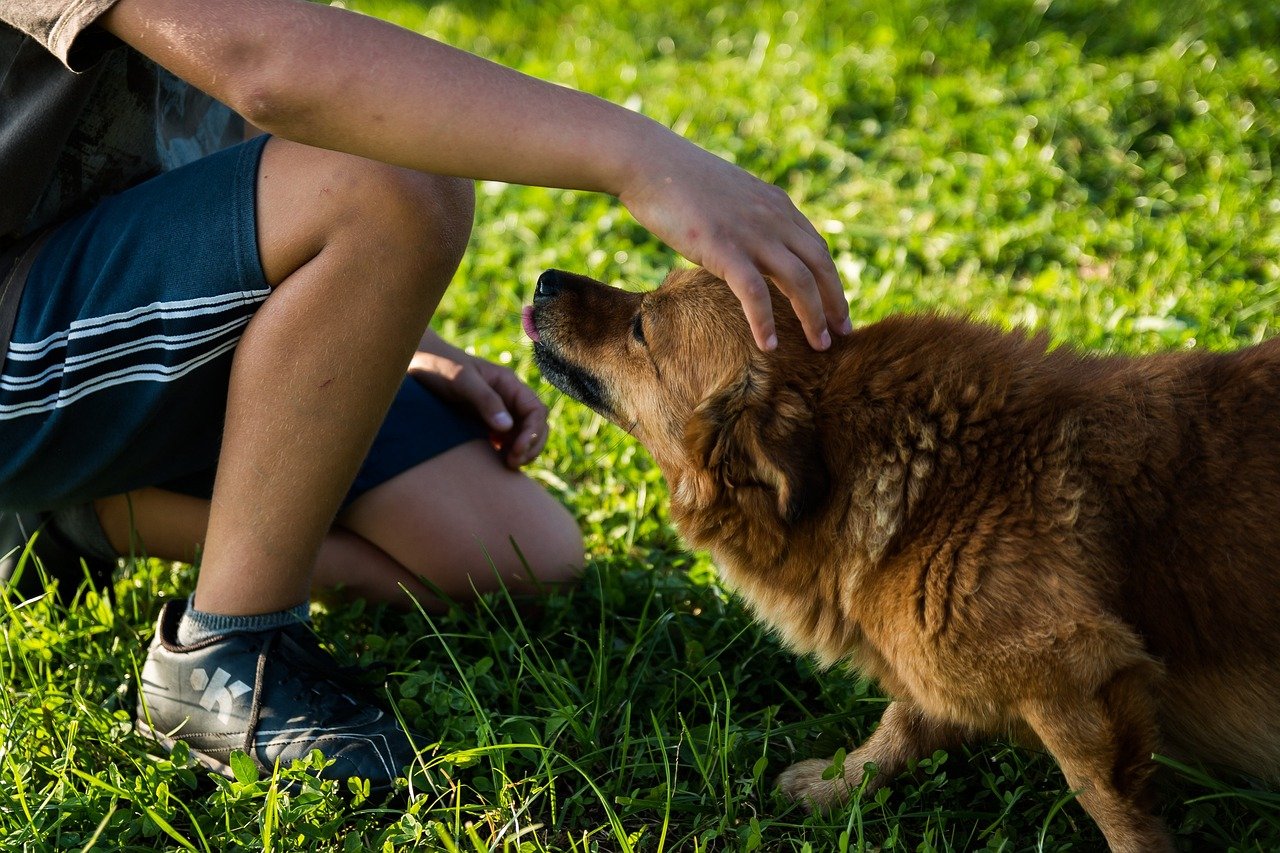
Interestingly, studies suggest that both dog and cat owners tend to score high on emotional sensitivity. This trait might stem from the empathy required to care for another living creature. While dog owners might express this sensitivity through their nurturing and protective instincts, cat owners might demonstrate it through their ability to understand and respect their pet’s need for space and independence. This shared trait underscores the deep bond humans can form with their pets, regardless of species.
Openness to New Experiences: Who Leads the Pack?
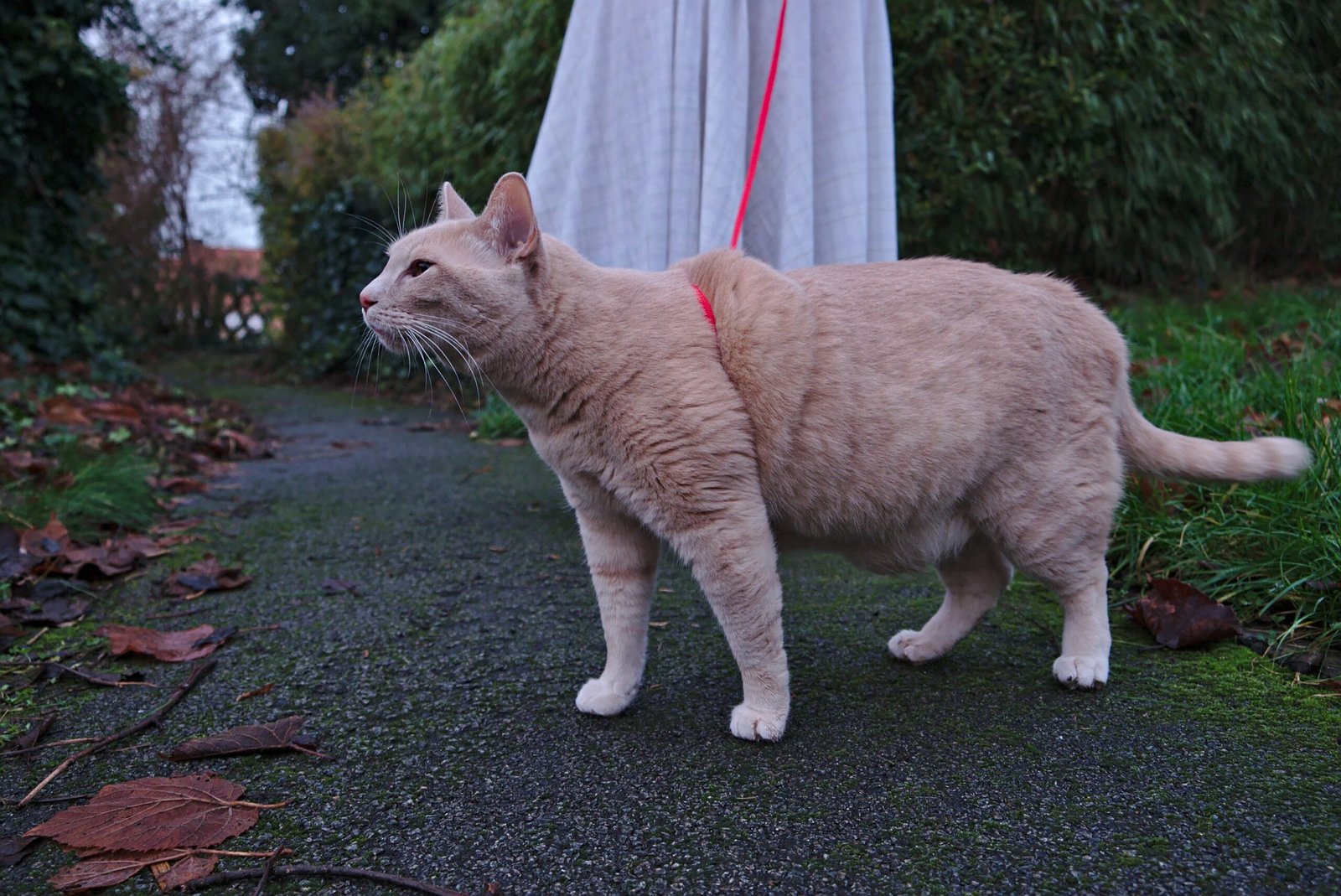
When it comes to openness to new experiences, cat owners might have the upper hand. Some research indicates that cat owners tend to be more open-minded, curious, and creative. This could be because cats, with their quirky behaviors and unique personalities, often require their owners to think outside the box. On the other hand, dog owners, while still open to new experiences, might be more inclined towards routine due to the structured nature of dog care.
Agreeableness: A Trait in Dog Owners?

Agreeableness is another personality trait that seems to be more prevalent in dog owners. This might be because dogs require their owners to be cooperative, patient, and understanding, especially during training and socialization. The need to constantly communicate and build a relationship with their pet could make dog owners more agreeable in general. This trait might also explain why dog owners often form strong social bonds with other people, as they are naturally more accommodating and empathetic.
Neuroticism: A Surprising Twist
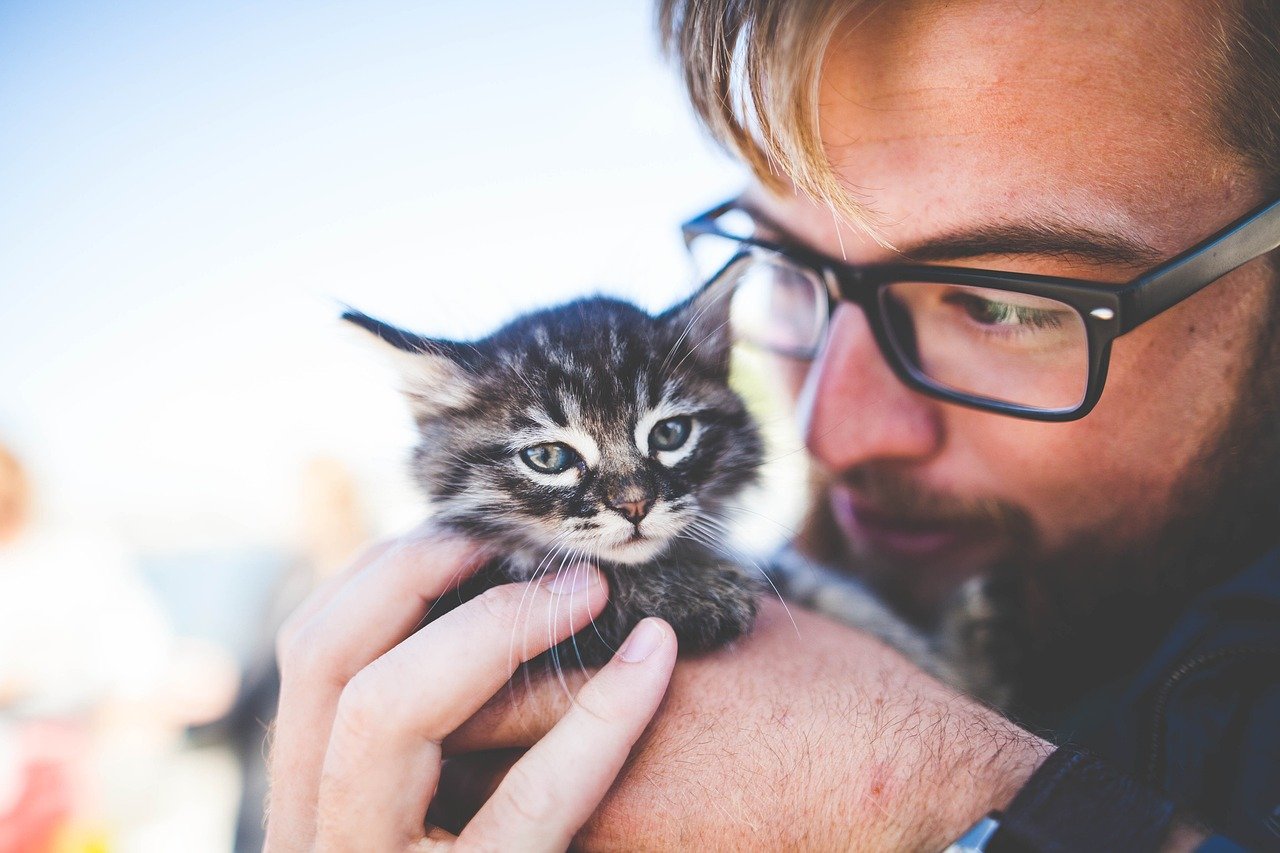
In an interesting twist, some studies have found that cat owners might score higher in neuroticism. This doesn’t mean they’re unstable or anxious, but rather, they might be more sensitive to their surroundings and emotions. The unpredictable nature of cats, along with their sometimes aloof demeanor, could contribute to this heightened sensitivity. However, this trait can also be a strength, as it might make cat owners more perceptive and in tune with their environment.
Conscientiousness: A Walk in the Park

Dog owners often score high in conscientiousness, likely due to the responsibilities that come with dog ownership. Dogs require regular feeding, grooming, exercise, and medical care, all of which demand a certain level of organization and diligence. This conscientious nature might extend beyond pet care, influencing how dog owners approach other aspects of their lives, such as work and personal relationships, with a similar level of responsibility and commitment.
Introversion vs. Extroversion: A Social Spectrum
The debate over whether dog people are more extroverted and cat people are more introverted is ongoing. While there is some truth to these stereotypes, it’s essential to remember that personality traits exist on a spectrum. Many people might find themselves somewhere in between, enjoying the best of both worlds. Whether you’re a dog person who enjoys a quiet night in or a cat person who loves social gatherings, there’s no one-size-fits-all when it comes to personality and pet preference.
The Influence of Environment on Pet Preference
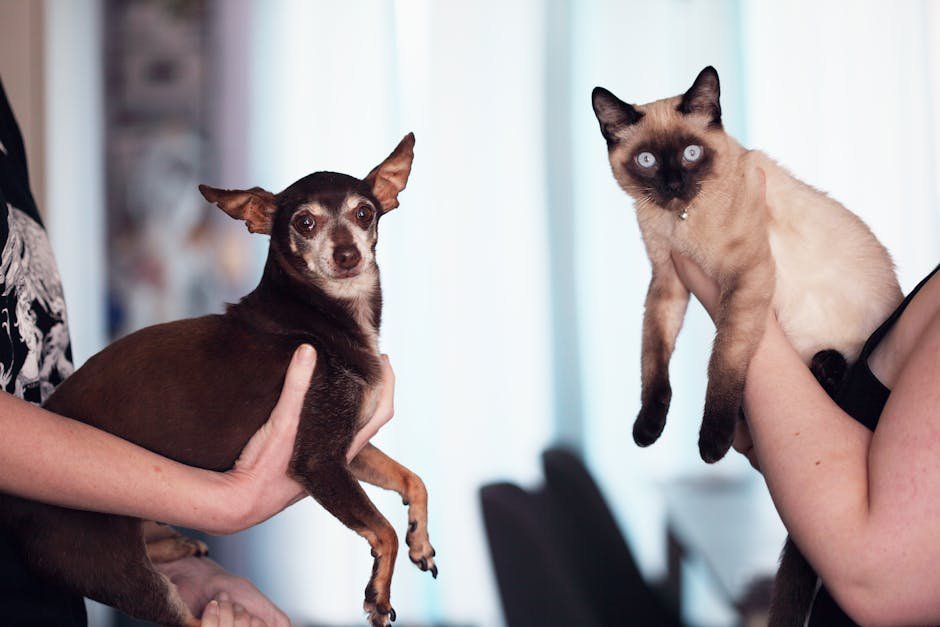
It’s worth considering that environmental factors might also play a role in whether someone becomes a dog or cat person. Those living in urban areas with limited space might gravitate towards cats, while those with more room to roam might prefer dogs. Lifestyle, work schedules, and personal experiences with pets can also influence one’s preference. Ultimately, the type of pet someone chooses often reflects their unique circumstances and individual needs.
Conclusion: Celebrating Diversity in Pet Ownership
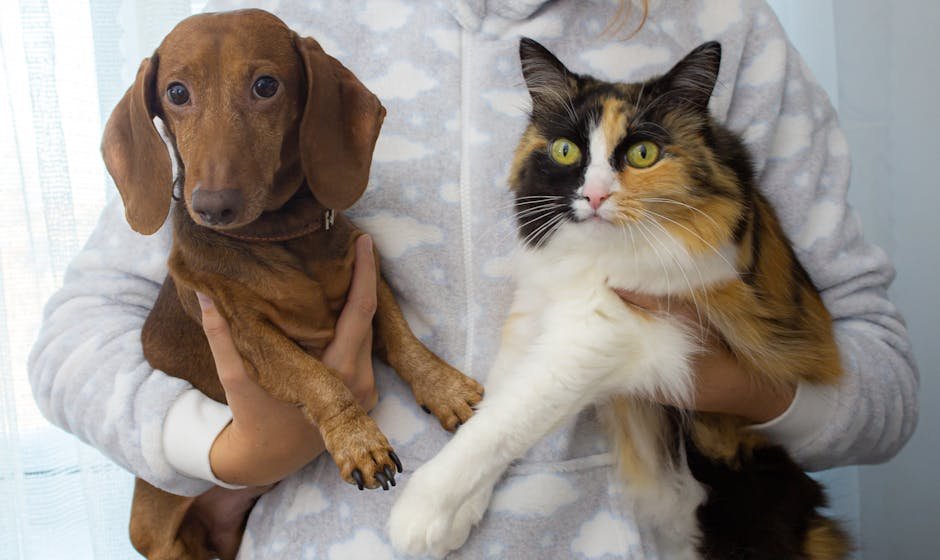
In the end, whether you’re a dog person or a cat person, the important thing is the joy and companionship these animals bring into our lives. The differences between dog and cat owners highlight the diverse ways humans can connect with animals, each offering their own set of rewards and challenges. Embracing these differences enriches our understanding of the human-animal bond and reminds us that, no matter the species, the love and loyalty of a pet is a universal language that transcends personality divides.